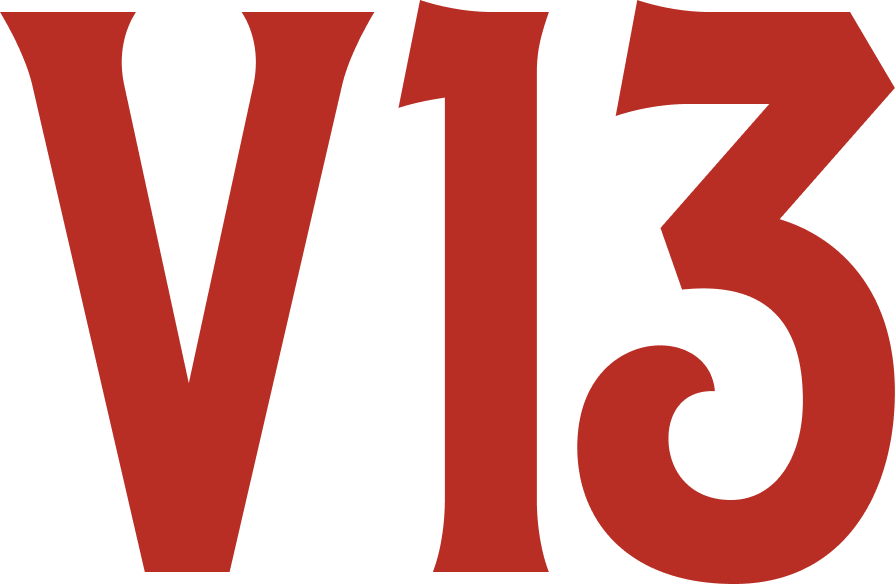Director’s Statement
I wrote the screenplay for V13 based on a play by my late friend the French psychoanalyst Alain Didier-Weill. Analyzed himself by the psychoanalyst and major intellectual figure of the 20th century, Jacqies Lacan, he spent his life researching and reflecting on the rise of extreme German nationalism in Vienna before WW1 and the ideology of Nazism after the war to which it gave rise
The roots of his interest no doubt go back to the experiences of his own Jewish family during the Occupation of France but also because he ultimately felt it was important for all of humanity to examine the roots of the Nazi ideology—just as Freud had felt psychoanalysis was important for all of humanity.
Filmed overtly in New York City, V13 raises unsettling questions about the relation between this moment in the past and the rise of ethnonationalism in the present.
